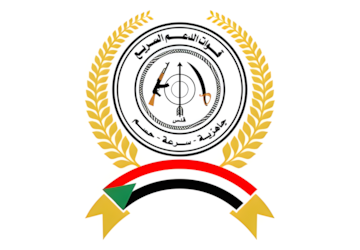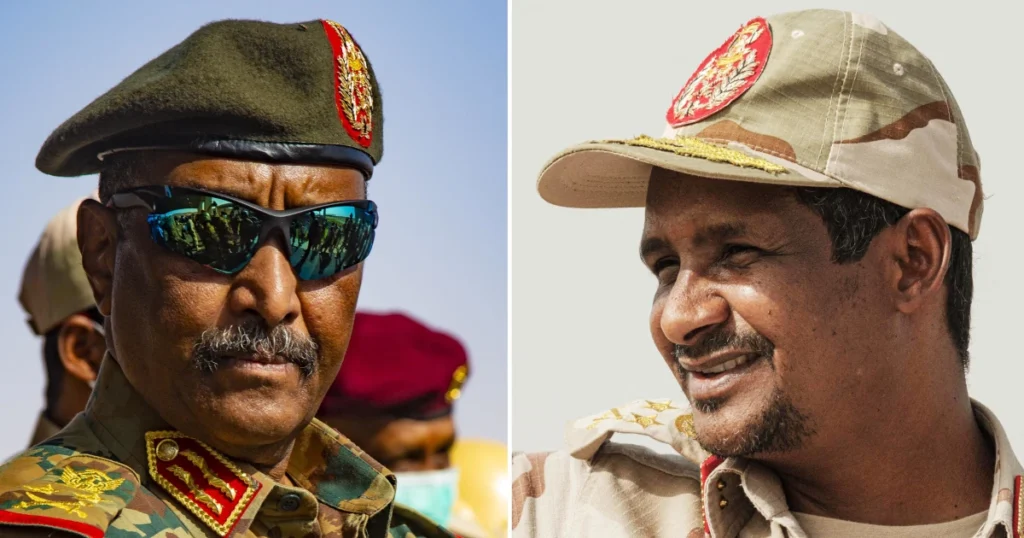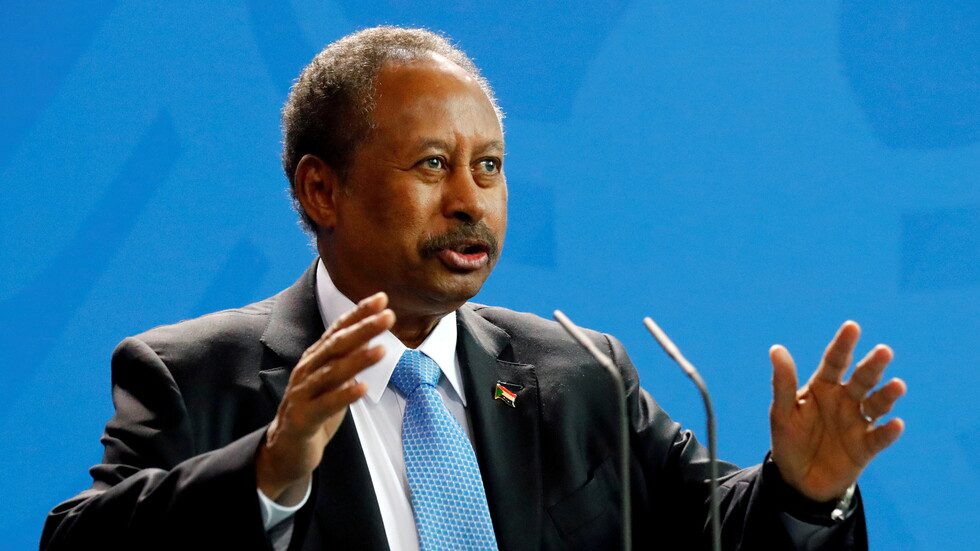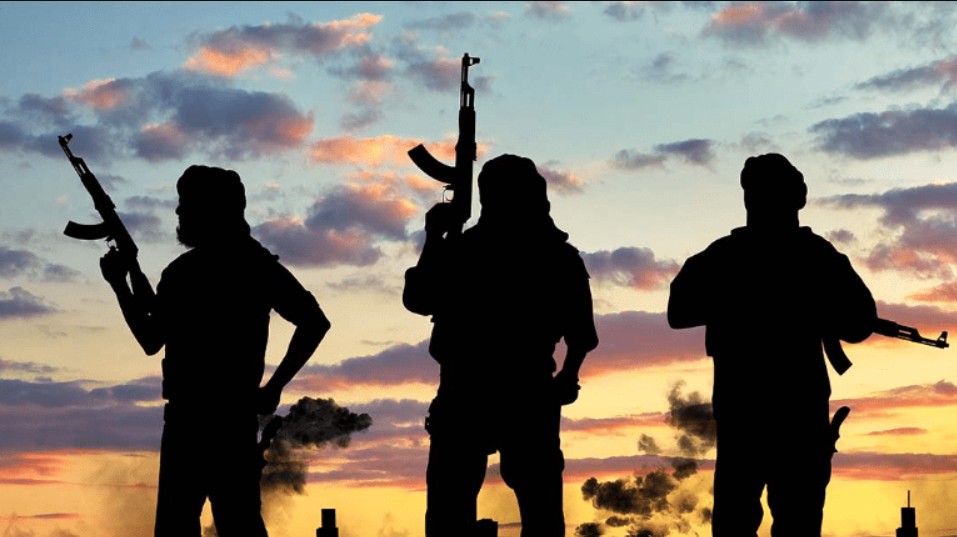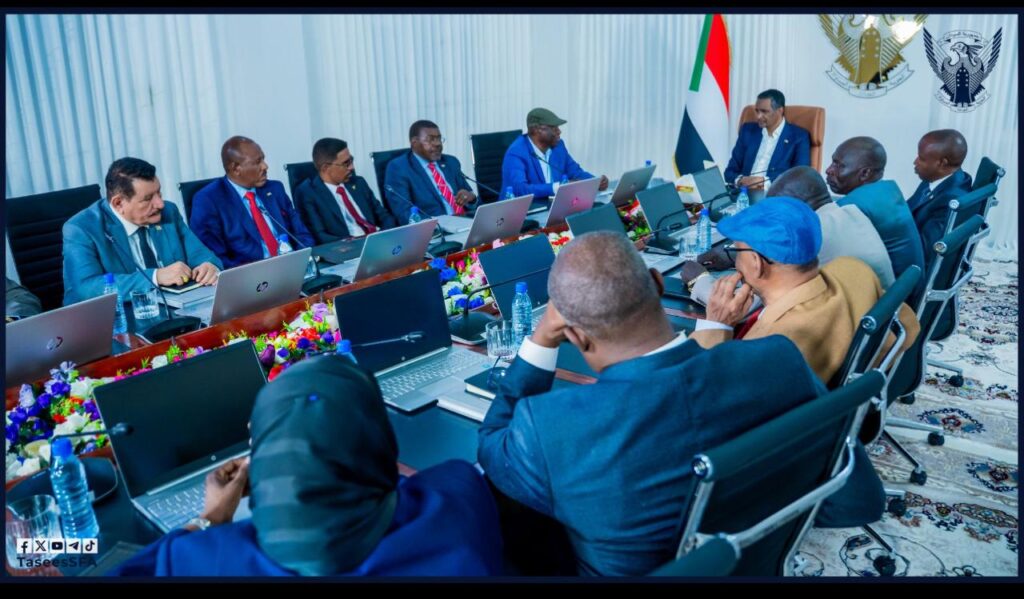
April 15 changed more than battle maps. It ended the old myth of “far-off wars,” pulling once-insulated cities into the conflict through drones, displacement and shattered supply lines. From that upheaval came the Sudan Founding Alliance (TASIS), seated in Nyala, staking a claim not to bargain for a deal later, but to govern a unified country on new terms.
This is not another “armed front waiting for a deal.” It is a bid to govern a unified Sudan on different terms.
Unlike earlier coalitions built only to unseat a ruler, TASIS has assembled a cabinet and presidential council and drawn in the SPLM-N/al-Hilu current; Abdelaziz al-Hilu serves as deputy on the council. In short, this is a governing experiment, not a negotiating prop—something Sudan’s modern politics has rarely attempted.
The territory TASIS influences touches long borders with Libya, Chad and the Central African Republic, covers most of the frontier with South Sudan, and opens corridors toward Ethiopia and Egypt. Within that space sit key pillars of the export economy—gum arabic, hydrocarbons, oilseeds and livestock—alongside fertile farms and strategic minerals, with reports of uranium in North Darfur. The human capacity exists, and regional relationships based on mutual interest can be expanded. None of this signals a separatist project; TASIS presents itself as a government for peace and unity on a single Sudanese map.
The Port Sudan junta playbook
Expect General al-Burhan-led Port Sudan SAF junta and their Islamist handlers to recast everything as a brawl over “legitimacy,” waving stamps, currency, school administration and official seals as if paperwork equals sovereignty. They’ll also lean on familiar fault lines—tribal representation, land tenure in Kordofan and Darfur—to fragment any alternative center of authority.
If TASIS accepts that frame, it loses twice: first to a bureaucracy it doesn’t control, and then to a discourse that confuses state symbols with state service.
Yes, clinics, water, food supply, schools, policing, and justice access are non-negotiable. But the larger horizon is rebuilding public consciousness after three decades of engineered emptiness under Islamist rule. The question isn’t only “who governs?” but “what do citizens now expect from those who govern?” TASIS’s edge will come from changing expectations: from fear and patronage to rights and delivery; from paper legitimacy to everyday legitimacy.
Practical workstreams TASIS can own now
- Start visible service pilots in anchor towns: clean water, primary care, teacher payroll continuity, and school exams administered on time.
- Publish a simple, monthly revenue-and-spend ledger—prove that resources fund bread-and-butter services.
- Open and secure cross-border trade lanes with neighbors; cut predation, standardize tariffs, and prioritize food and medicine flows.
- Stand up mobile courts and community policing with clear rules of engagement and civilian oversight.
- Launch a unified civil registry (IDs, births, land records) to replace “seal politics” with citizen records.
- Create a public media bulletin that explains policies in plain language and counters divide-and-rule narratives.
- Build local reconciliation mechanisms in Kordofan/Darfur that address land, grazing routes, and representation before spoilers weaponize them.
Unity by consent, not coercion
If TASIS refuses the stamp-and-seal duel, delivers visible basics, and re-centers citizenship, it shifts the game: legitimacy becomes the outcome of service and fairness, not a label claimed in press conferences. That is how a founding government can turn a war-broken map into a unified country—by resetting what Sudanese people believe government is for.

